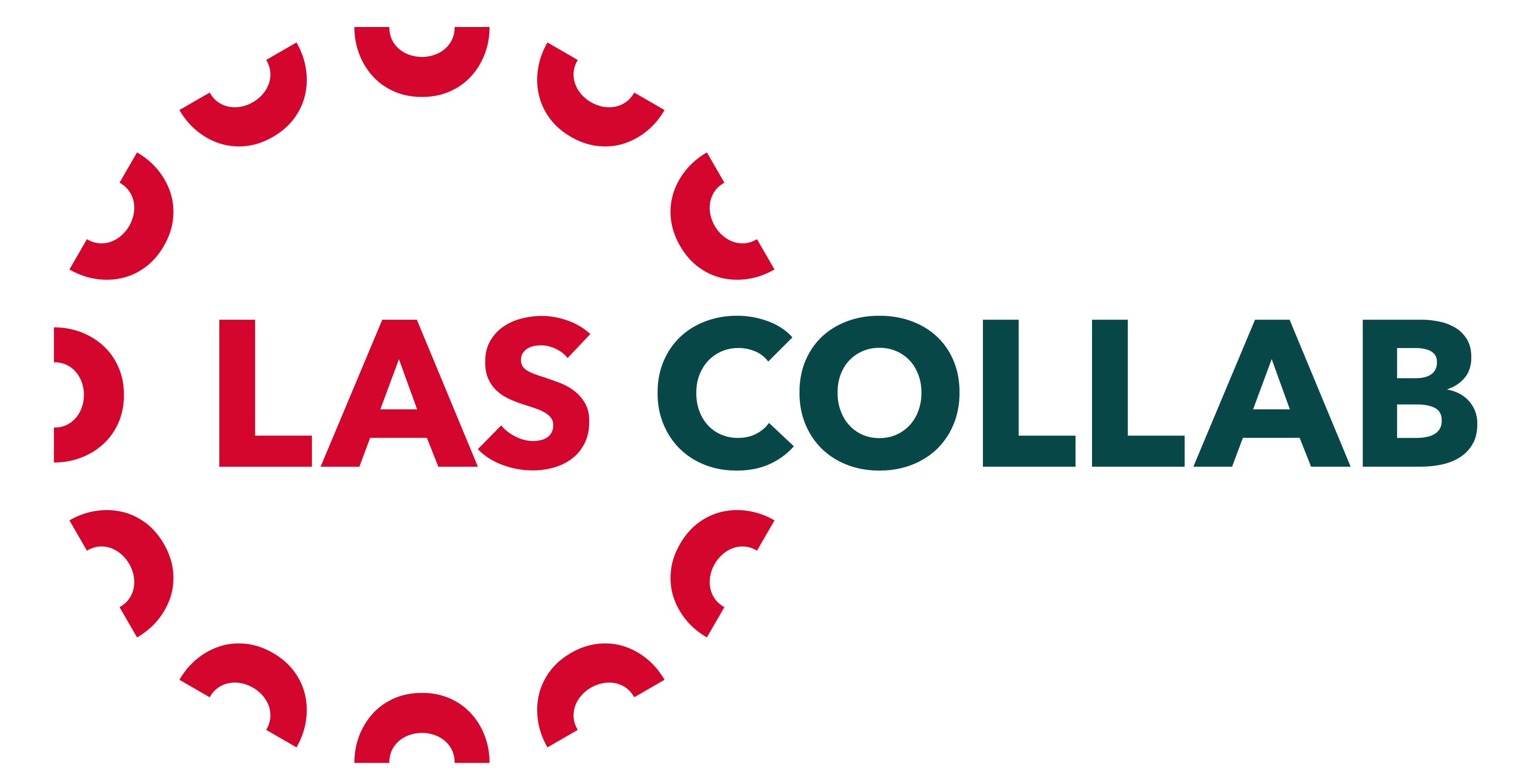Get the Inside Scoop: How We Develop Our Table Games
The Evolution of Table Games
At our company, we take pride in creating table games that are both engaging and rewarding for players. From classic card games to innovative electronic titles, our portfolio offers a diverse range of options for casinos and gaming establishments. But have you ever wondered how these games come to life? In this article, we’ll delve into the process of developing table games, exploring the key stages involved in bringing new concepts from idea to reality.
Conceptualization: Turning Inspiration https://spinfevercasinoaus.net/ into Ideas
The journey begins with conceptualization – where creativity meets innovation. Our team comprises experienced game designers, mathematicians, and industry experts who collaborate to brainstorm fresh ideas for table games. This process involves researching market trends, analyzing player preferences, and identifying areas of opportunity in the gaming landscape.
To spark inspiration, we draw from a variety of sources:
- Player feedback : We gather insights from players through surveys, focus groups, and online forums to understand their likes and dislikes.
- Industry research : We analyze market reports, attend industry conferences, and engage with peers to stay up-to-date on the latest trends and innovations.
- Collaboration with partners : We work closely with casino operators, suppliers, and other stakeholders to gain a deeper understanding of their needs and preferences.
By combining these inputs, we create a rich tapestry of ideas that inform our game development process. Our team then distills these concepts into concrete proposals, outlining the game’s mechanics, features, and objectives.
Design: Crafting Engaging Gameplay Experiences
Once we have a solid concept, it’s time to bring the game to life through design. This involves creating prototypes, testing gameplay, and refining mechanics to ensure an enjoyable experience for players. Our designers utilize various tools and techniques, including:
- Game engine development : We build custom game engines or leverage existing ones (e.g., Unity, Unreal Engine) to create immersive environments and interactive elements.
- Art creation : Our artists develop visually appealing graphics, animations, and sound effects that enhance the overall gaming experience.
- Mathematical modeling : We apply mathematical models to simulate gameplay, predict player behavior, and optimize game balance.
Through an iterative process of design, testing, and refinement, we aim to create engaging, intuitive games that captivate players and keep them coming back for more.
Testing and Certification: Ensuring Quality and Fairness
As we near the completion of a table game, our focus shifts to testing and certification. This crucial phase involves:
- In-house testing : We conduct internal playtesting to identify any bugs, balance issues, or areas for improvement.
- External audits : Independent auditors review the game’s mechanics, math model, and other critical components to ensure fairness, randomness, and compliance with regulatory requirements.
- Certification submissions : We submit our games for certification with relevant gaming authorities, such as regulators or industry standards organizations.
By investing time and resources into thorough testing and certification, we maintain the highest standards of quality and fairness in our table games.
Launch and Ongoing Support: Evolving Games with the Market
Once a game is launched, our journey doesn’t end there. We continually monitor player feedback, market trends, and emerging technologies to ensure our games remain competitive and engaging. This involves:
- Post-launch analysis : We collect data on gameplay patterns, player behavior, and other metrics to identify areas for improvement.
- Regular updates and patches : Our team releases periodic updates that refine gameplay, add new features, or address issues raised by players.
- Collaboration with operators : We work closely with casino operators to integrate our games into their offerings, provide support, and gather feedback.
By staying attuned to the evolving needs of players and operators, we ensure our table games remain relevant, exciting, and profitable over time.
